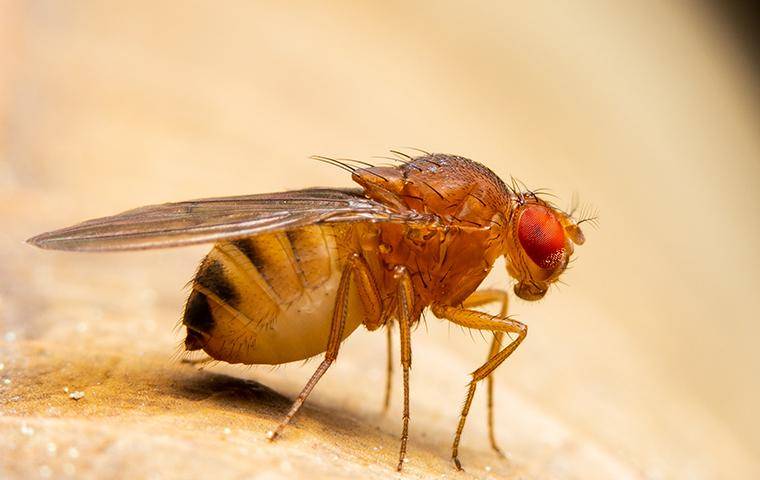The fruit fly, scientifically known as Drosophila melanogaster, might seem like a common annoyance in our kitchens, but this tiny insect holds remarkable secrets that have captivated scientists for decades. Here are five fascinating facts that shed light on the extraordinary world of fruit flies.
1. Pioneering Genetics Research: Fruit flies have played a pivotal role in shaping our understanding of genetics. In the early 20th century, Thomas Hunt Morgan conducted groundbreaking experiments with fruit flies that established the concept of genes being located on chromosomes. This work earned him a Nobel Prize and laid the foundation for modern genetics research.
2. Rapid Reproduction: Fruit flies have astonishingly short lifecycles. They progress from egg to adult in about two weeks, allowing researchers to observe multiple generations in a short span. This rapid reproduction accelerates genetic studies and enables scientists to study evolutionary changes in real-time.
3. Complex Behavior in a Simple Form: Despite their tiny size and simple nervous systems, fruit flies exhibit surprisingly intricate behaviors. They showcase learning, memory, courtship rituals, and even aggression. Studying these behaviors provides insights into the neural basis of complex actions and could offer valuable clues about human behavior and neurological disorders.
4. Insights into Aging and Disease: Fruit flies age rapidly, and as they age, they display symptoms reminiscent of human aging, such as decreased mobility and fertility. Researchers exploit this accelerated aging process to study the underlying mechanisms of aging and age-related diseases. These studies have led to the discovery of genes and pathways that influence longevity and healthspan.
5. Contribution to Medical Research: Fruit flies aren't just confined to laboratories studying genetics. They've also made significant contributions to medical research. For instance, the role of specific genes in fruit flies can provide insights into human diseases. Studies in fruit flies have advanced our understanding of conditions like Parkinson's and Alzheimer's, offering potential avenues for therapeutic interventions.
In conclusion, the unassuming fruit fly is far more than a household nuisance. Its role in genetics research, rapid reproduction, complex behaviors, contributions to aging and disease studies, and its relevance in medical research all underscore its significance as a model organism. The insights gained from fruit fly research have a profound impact on various scientific fields and continue to shape our understanding of genetics, neuroscience, aging, and human health. So, the next time you swat away a fruit fly, take a moment to appreciate the intricate world that these tiny creatures unveil to the curious minds of scientists.



No comments yet
Be the first to share your thoughts!